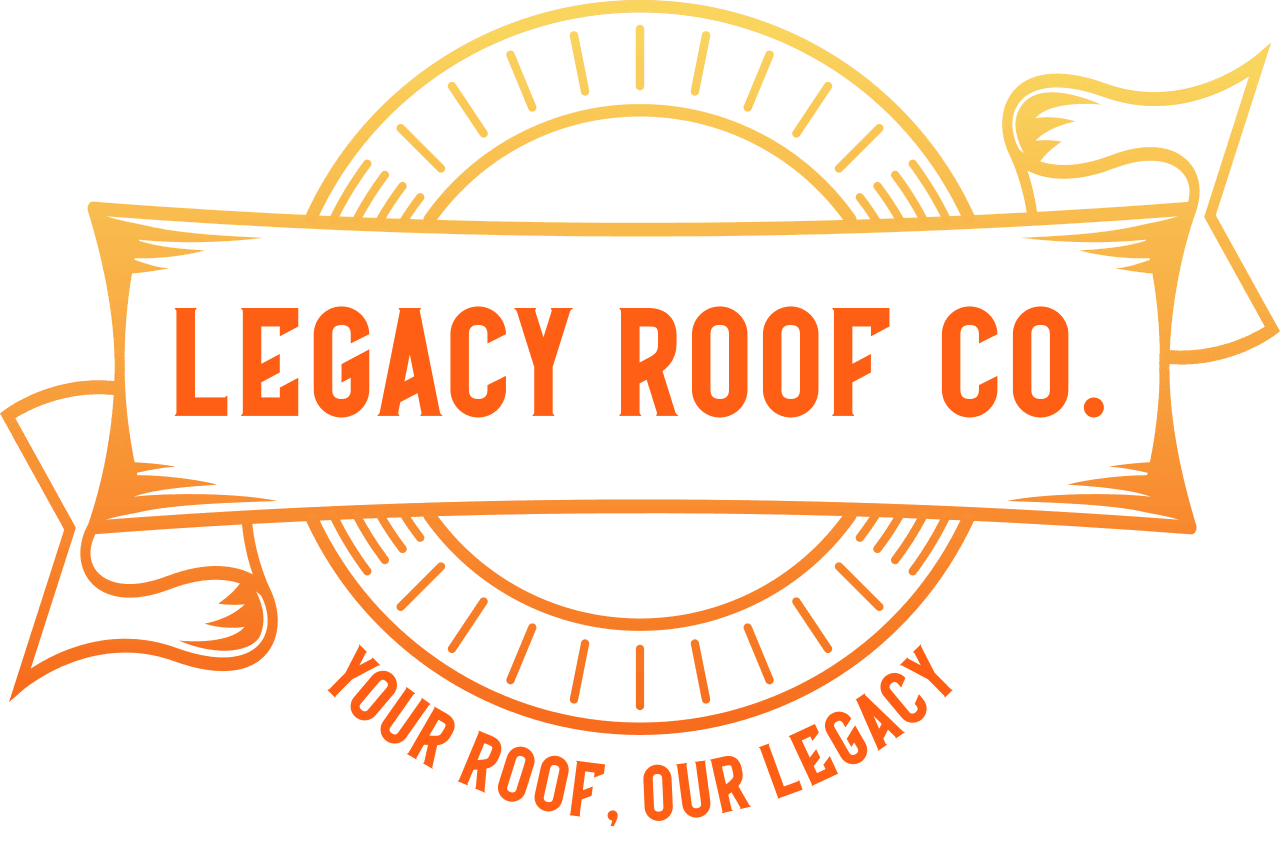Choosing the Right Commercial Roofing Solutions for Your Indiana Business
Understanding Your Commercial Roofing Needs
Choosing the right commercial roofing solution is a crucial decision for any Indiana business. The roof is a significant investment that not only protects your assets but also contributes to energy efficiency and overall building performance. Understanding your specific needs is the first step towards making an informed decision.
Consider factors such as the climate in Indiana, the architectural style of your building, and the nature of your business operations. For instance, businesses dealing with sensitive equipment may require more robust roofing solutions to ensure protection against water damage.

Types of Commercial Roofing Solutions
There are several types of commercial roofing solutions available, each with its unique benefits. Here's a breakdown of some popular options:
- Built-Up Roofing (BUR): Known for its durability, BUR is composed of multiple layers of bitumen and reinforcing fabrics.
- Metal Roofing: Offers longevity and comes in a variety of metals such as aluminum and steel, providing excellent resistance against the elements.
- Thermoplastic Roofing (TPO): Known for its energy efficiency and resistance to UV rays, TPO is a popular choice for environmentally conscious businesses.
- EPDM Roofing: A cost-effective solution that offers excellent weather resistance and flexibility.
Each type has its pros and cons, so assessing what aligns best with your business goals is essential.
Climate Considerations for Indiana Businesses
Indiana's climate, characterized by cold winters and hot, humid summers, affects the choice of roofing materials. It's crucial to select a roofing solution that can withstand these seasonal variations.
For instance, metal roofs are excellent for shedding snow during winter, while TPO roofs reflect heat, keeping buildings cooler in the summer months.

Energy Efficiency and Sustainability
As energy costs continue to rise, opting for energy-efficient roofing solutions can significantly reduce overhead expenses. Reflective roofing materials like TPO and cool roofs minimize heat absorption, enhancing indoor comfort and reducing cooling costs.
Sustainability is also becoming a priority for many businesses. Green roofing solutions, which incorporate vegetation layers, not only improve insulation but also contribute positively to the environment by reducing stormwater runoff.
Budgeting and Long-Term Value
While initial costs are an important consideration, it's equally vital to look at the long-term value of your roofing investment. Durable materials like metal may have higher upfront costs but offer lower maintenance expenses and longer lifespans.
Additionally, take into account potential tax benefits or incentives for energy-efficient or sustainable roofing solutions. These can offset initial expenses and provide financial benefits over time.

Selecting a Reputable Roofing Contractor
The quality of installation is as important as the choice of materials. Selecting a reputable roofing contractor ensures that your investment is protected. Look for contractors with strong local reputations, comprehensive service offerings, and excellent customer reviews.
Don't hesitate to ask for references or examples of previous work to gauge their expertise and reliability in commercial roofing projects.
Conclusion
Choosing the right commercial roofing solution requires careful consideration of various factors, from materials and climate to budget and sustainability. By understanding these elements and working with experienced professionals, Indiana businesses can make informed decisions that will protect their investments and enhance their operational efficiency for years to come.
